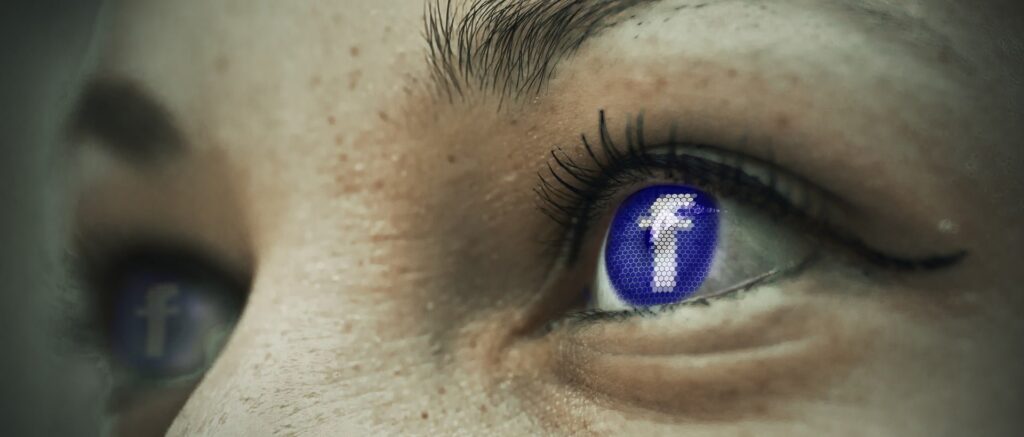Last updated on November 20th, 2023 at 12:51 pm
Using Facebook without engaging is likely to have a negative effect on mental health.

Image by Gerd Altmann from Pixabay
This post may contain affiliate links. We may earn a commission if you purchase an item through our links. It costs you nothing and helps us to fund this blog. Please see our Affiliate Disclosure & Notification for details.
Some new research seems to indicate that those of us who scroll through our Facebook feed without interacting will feel bad about ourselves afterward. Facebook talked about it in a blog post released yesterday.
In the blog post, it was stated:
In general, when people spend a lot of time passively consuming information — reading but not interacting with people — they report feeling worse afterward. In one experiment, University of Michigan students randomly assigned to read Facebook for 10 minutes were in a worse mood at the end of the day than students assigned to post or talk to friends on Facebook.
So if you’re a Facebook wallflower, it turns out you might not be doing yourself any favors. The post went on to postulate the cause might be that people generally share flattering posts of themselves online. The wallflower scrolls through and sees everyone else having all these amazing times and adventures and they start thinking, “none of this good stuff is happening to me” and thus, begin to feel sorry for themselves.
A study from UC San Diego and Yale found that people who clicked on about four times as many links as the average person, or who liked twice as many posts, reported worse mental health than average in a survey.
They went on to say that the reverse is also true:
On the other hand, actively interacting with people — especially sharing messages, posts and comments with close friends and reminiscing about past interactions — is linked to improvements in well-being. This ability to connect with relatives, classmates, and colleagues is what drew many of us to Facebook in the first place, and it’s no surprise that staying in touch with these friends and loved ones brings us joy and strengthens our sense of community.
A study we conducted with Robert Kraut at Carnegie Mellon University found that people who sent or received more messages, comments, and Timeline posts reported improvements in social support, depression and loneliness. The positive effects were even stronger when people talked with their close friends online. Simply broadcasting status updates wasn’t enough; people had to interact one-on-one with others in their network. Other peer-reviewed longitudinal research and experiments have found similar positive benefits between well-being and active engagement on Facebook.
The studies also indicated that simply blasting out updates wasn’t good enough. The benefits of social media only come through if there is one on one personal interaction. This interaction might be people liking your comments or replying. It could also be people posting memories on your wall.
So What Does it Mean?
Social media is designed to be a two-way street. There are benefits to using it that way. Consequently, if social media isn’t used as intended, it may be bad for your mental well-being.
So be active on social media! If you’re a wallflower, it might be getting you down in the dumps for no good reason.
Sharif Jameel is a business owner, IT professional, runner, & musician. His professional certifications include CASP, Sec+, Net+, MCSA, & ITIL and others. He’s also the guitar player for the Baltimore-based cover bands, Liquifaction and Minority Report.




Subscribe to Our Mailing List
If you found the information in this post helpful, we'd love to have you join our mailing list. We promise we won't spam you, we only send out emails once a month or less.